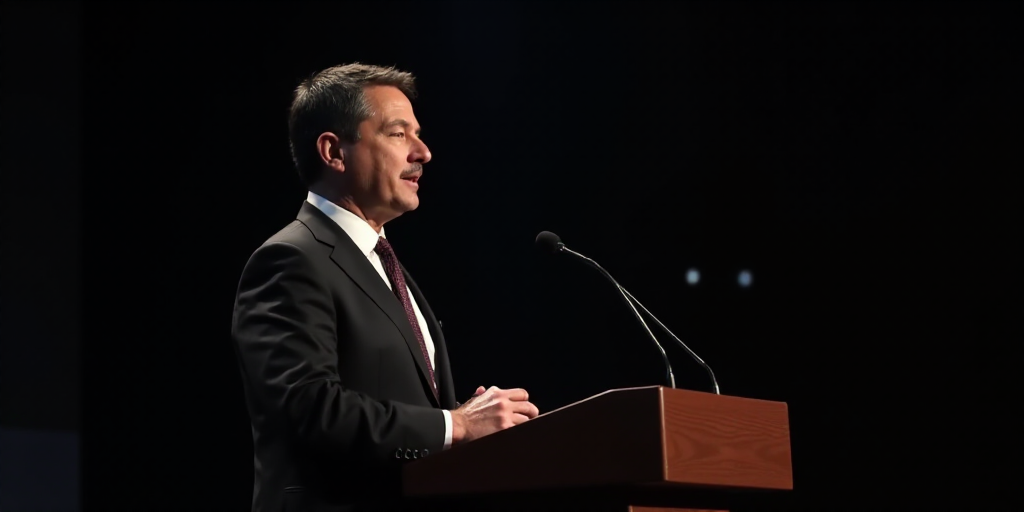Introduction to Javier Milei and His Relevance
Javier Milei, the newly elected President of Argentina, recently participated in a forum in Madrid to defend his economic policies. Milei, a prominent libertarian figure in Argentine politics, has been making waves with his unconventional approach to governance and economic reform. His background as a libertarian economist, philosopher, and media personality has positioned him as a significant figure in Argentina’s political landscape.
Contextualizing Milei’s Economic Reforms
Argentina has long struggled with economic instability, high inflation rates, and a stagnant growth trajectory. Milei’s economic reforms aim to tackle these issues head-on by implementing free-market principles, reducing government intervention, and fostering a business-friendly environment. His policies have sparked both optimism and controversy, as critics question their feasibility and potential consequences.
Milei’s Defense of Economic Reforms in Madrid Forum
During the forum in Madrid, Milei asserted that his economic reforms have successfully reignited growth and curbed runaway inflation. He emphasized the importance of free-market principles, limited government intervention, and a favorable business climate to stimulate economic prosperity.
Key Points from Milei’s Presentation
- Free-Market Principles: Milei stressed the significance of free-market principles in driving economic growth. He advocated for reducing government regulations and fostering competition to encourage innovation and efficiency.
- Limited Government Intervention: Milei argued that excessive government involvement in the economy often leads to inefficiencies and corruption. He proposed minimizing government intervention to allow the market to function optimally.
- Business-Friendly Environment: Milei emphasized the need to create a favorable business climate by reducing bureaucracy, streamlining regulations, and promoting entrepreneurship. He believes this will attract foreign investment and stimulate economic growth.
Impact of Milei’s Economic Reforms on Argentina
Milei’s economic reforms have the potential to reshape Argentina’s economy significantly. By embracing free-market principles and minimizing government intervention, his policies aim to foster a more dynamic and competitive business environment. This could lead to increased foreign investment, job creation, and overall economic growth.
However, critics argue that Milei’s reforms may exacerbate existing social inequalities and neglect the needs of vulnerable populations. They contend that his focus on free-market principles might prioritize corporate interests over social welfare, potentially widening the gap between the rich and the poor.
Key Questions and Answers
- What are Javier Milei’s economic reforms? Milei’s economic reforms primarily revolve around free-market principles, limited government intervention, and creating a business-friendly environment.
- How have Milei’s reforms impacted Argentina’s economy? Milei’s policies aim to stimulate economic growth, attract foreign investment, and foster a more competitive business landscape. However, critics question whether these reforms may exacerbate social inequalities.
- What are the potential consequences of Milei’s economic policies? Supporters believe that Milei’s reforms will lead to increased economic growth and job creation. Critics, however, warn that these policies may prioritize corporate interests over social welfare and widen the gap between the rich and the poor.






